Alloy steel castings
Alloy steel castings are a critical component in various industries due to their exceptional strength, durability, and resistance to wear and corrosion. These castings are produced by melting and pouring alloy steel into molds, where it solidifies into the desired shape. Alloy steel is distinguished by the addition of specific elements such as manganese, nickel, chromium, molybdenum, and vanadium, which enhance its mechanical properties and performance under demanding conditions.One of the primary advantages of alloy steel castings is their ability to withstand high stress and extreme environments. This makes them ideal for applications in industries such as aerospace, automotive, energy, mining, and heavy machinery. For example, in the aerospace sector, alloy steel castings are used to manufacture components that must endure high temperatures and pressures, such as turbine blades and engine parts. Similarly, in the automotive industry, they are utilized for gears, crankshafts, and other critical components that require high strength and fatigue resistance.The manufacturing process of alloy steel castings involves several steps, including pattern making, mold preparation, melting, pouring, and finishing. Advanced techniques such as investment casting, sand casting, and centrifugal casting are often employed to achieve precise dimensions and complex geometries. The choice of casting method depends on factors such as the size, shape, and intended use of the final product.Quality control is a crucial aspect of alloy steel casting production. Rigorous testing methods, including ultrasonic testing, radiographic inspection, and mechanical testing, are conducted to ensure that the castings meet industry standards and customer specifications. These tests verify the integrity, strength, and performance of the castings, ensuring their reliability in critical applications.Alloy steel castings are also valued for their versatility. By adjusting the composition of the alloy, manufacturers can tailor the properties of the castings to meet specific requirements. For instance, adding chromium and molybdenum can improve hardness and resistance to abrasion, while nickel enhances toughness and impact resistance. This adaptability allows alloy steel castings to be customized for a wide range of applications.In summary, alloy steel castings are indispensable in modern manufacturing due to their superior mechanical properties, durability, and adaptability. Their ability to perform under extreme conditions makes them a preferred choice for critical components in various industries. With ongoing advancements in casting technology and materials science, alloy steel castings continue to play a vital role in driving innovation and efficiency across multiple sectors.
Products
Category:
No search results found!
News
Category:
No search results found!
Case
Category:
No search results found!
Video
Category:
No search results found!
Download
Category:
No search results found!
Job
Category:
No search results found!
Featured Products
No search results found!


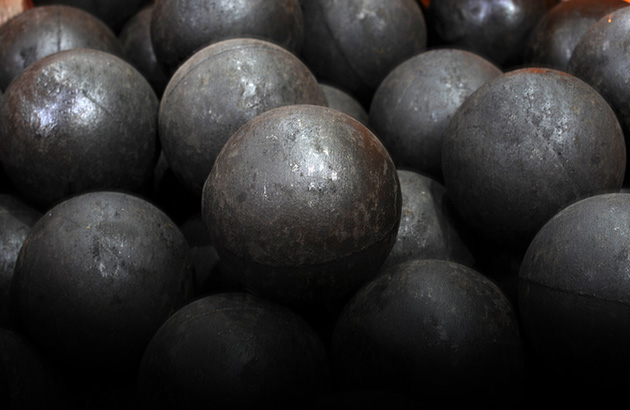
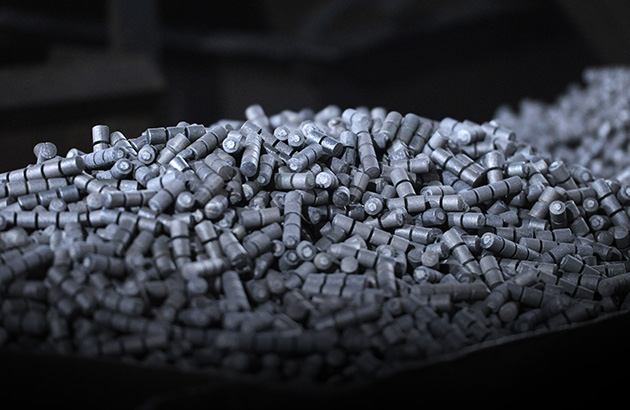
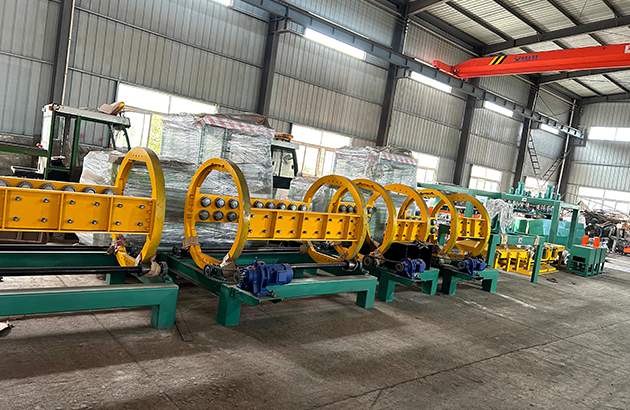
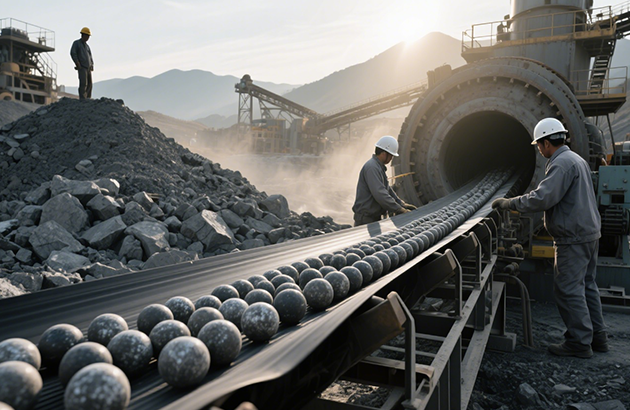
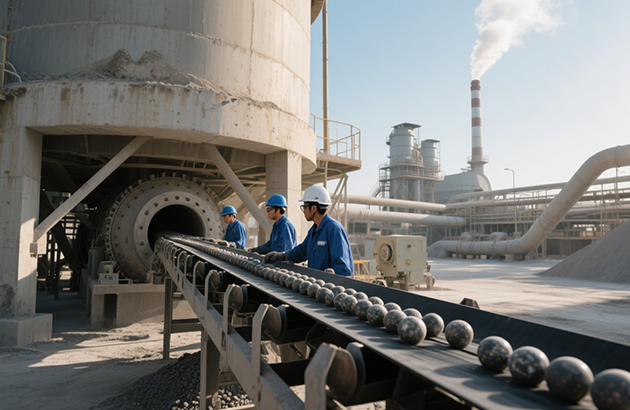
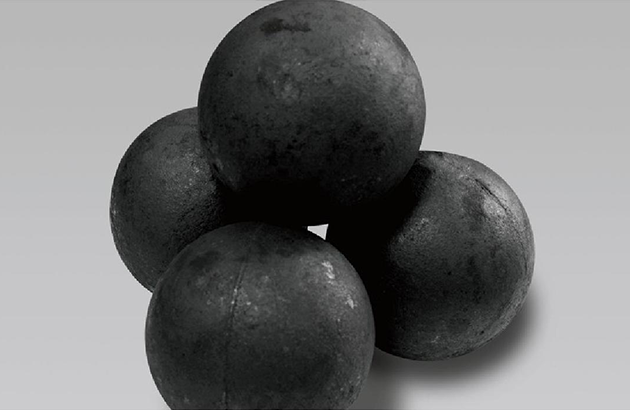
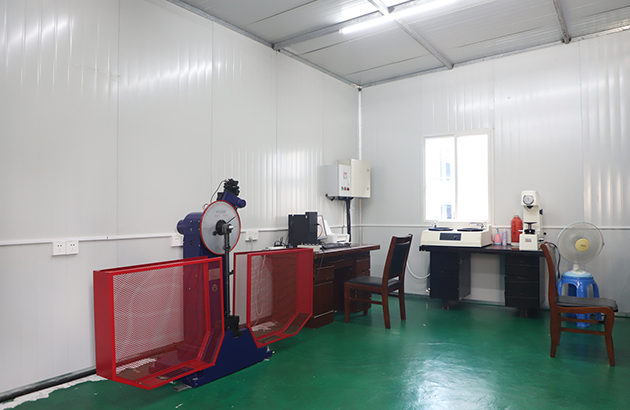
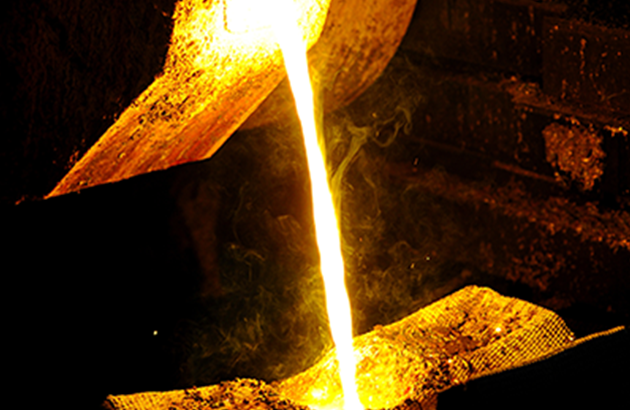
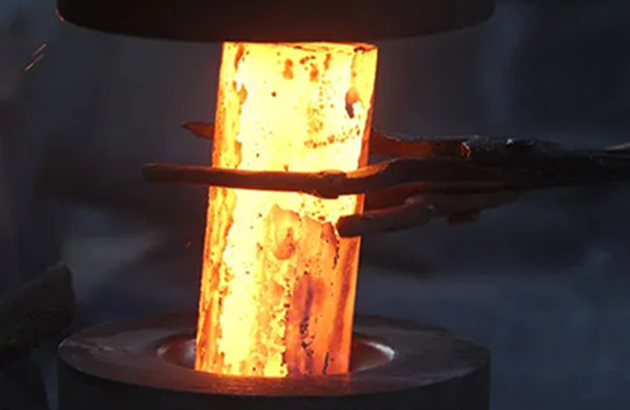






 Phone
Phone